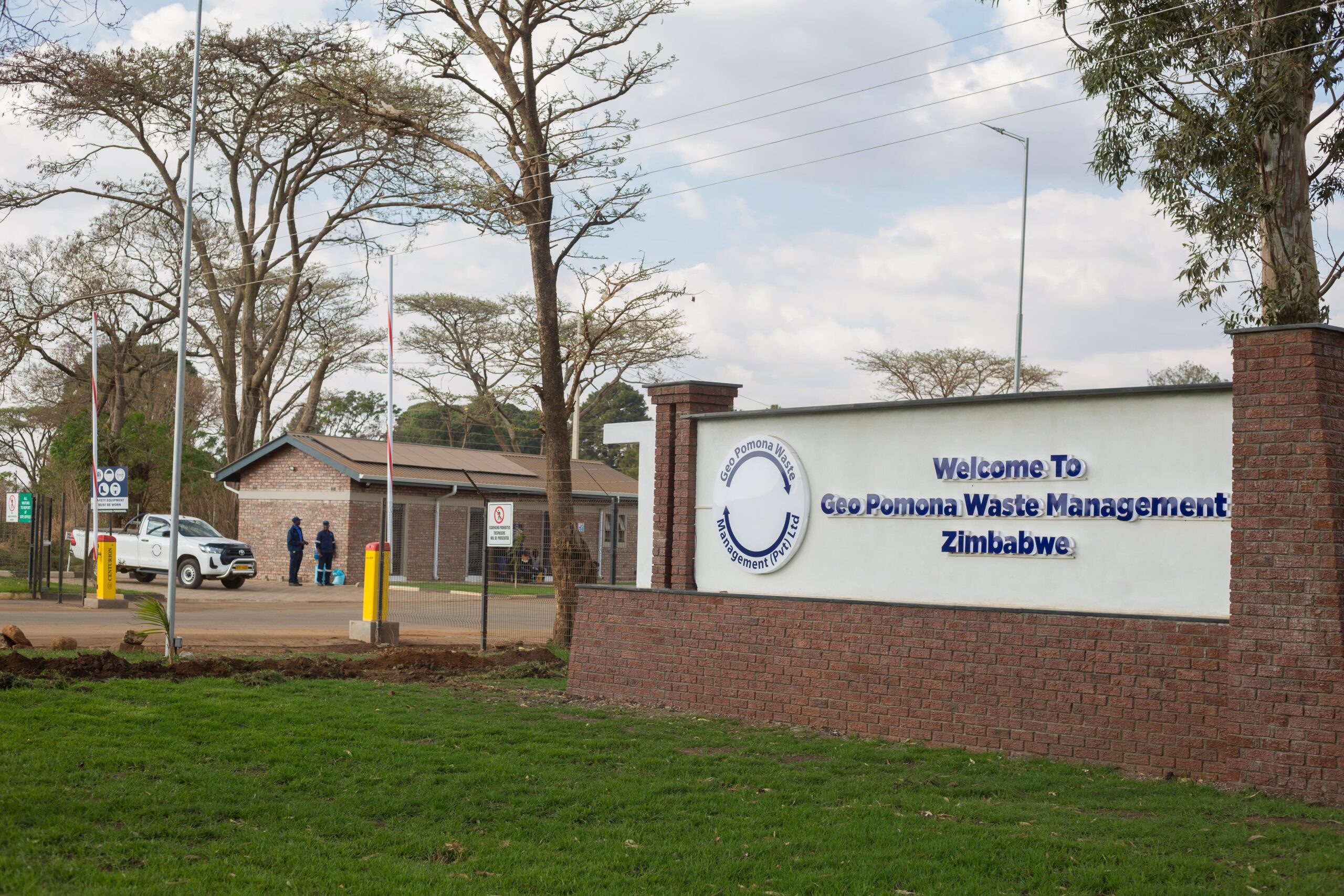President Mnangagwa will today commission Geo Pomona Waste Management’s state-of-the-art sorting plant and refuse collection equipment, with door-to-door waste collection set to be launched tomorrow.
The sorting plant is designed to carry out a comprehensive selection process for incoming waste, in line with international best practices as it separates bulky materials and recyclable fractions from the general waste stream, ensuring that recyclables are not incinerated and aligning with global standards.
The process also avoids environmentally harmful practices.
In addition, the plant will help isolate and prepare waste with high calorific value for Geo Pomona Waste Management’s waste-to-energy plant, which once complete, will incinerate 1 000 tonnes of waste to produce 16MW to 22MW of electricity per hour that will be fed into the national grid.
Geo Pomona executive chairman and chief executive Dr Dilesh Nguwaya yesterday told The Herald that today’s commissioning marks a significant milestone in the firm and country at large’s waste management system.
The Second Republic continues to stress the importance of employing globally accepted waste management practices across the board.
“His Excellency, the President, will be commissioning the waste sorting plant and refuse collection equipment. The sorting facility is now fully complete, with all equipment successfully installed.
“This marks a significant milestone in our adherence to the waste management hierarchy and our commitment to a ‘Zero-Waste to Landfill’ policy,” Dr Nguwaya said.
He also confirmed that door-to-door waste collection would begin tomorrow.
“Perhaps the most anticipated milestone is the commissioning of the refuse collection fleet, which enables us to officially launch door-to-door waste collection tomorrow.
“Residents across Harare will now see Geo Pomona trucks right at their doorsteps.”
Geo Pomona’s immediate goal, said Dr Nguwaya, was to clean up Harare and restore its Sunshine City status.
“We are fully committed to this mission and determined not to let the residents down. With the sorting plant now operational, we aim to further promote recycling, raise public awareness and shift mind-sets towards more sustainable waste management practices.
“The plant will be central to this transformation, as it enables more efficient waste handling and supports the circular economy,” he said.
Turning to the sorting plant, Dr Nguwaya said it had been assembled with assistance from Turkish engineers.
This collaboration, he said, had also resulted in skills transfer, in line with the Second Republic’s thrust on the development and transfer of skills.
“While the plant was being assembled, our local engineering team worked closely with Turkish technicians from the company we purchased the equipment from.
“This collaboration was instrumental not only in the installation, but also in skills transfer.
“Our engineers had the opportunity to learn directly from the technicians, enhancing their capacity to operate, maintain, and troubleshoot the plant going forward.
“It was a great opportunity for knowledge exchange and local empowerment. Right now the team on site is the one now operating it,” said Dr Nguwaya.

